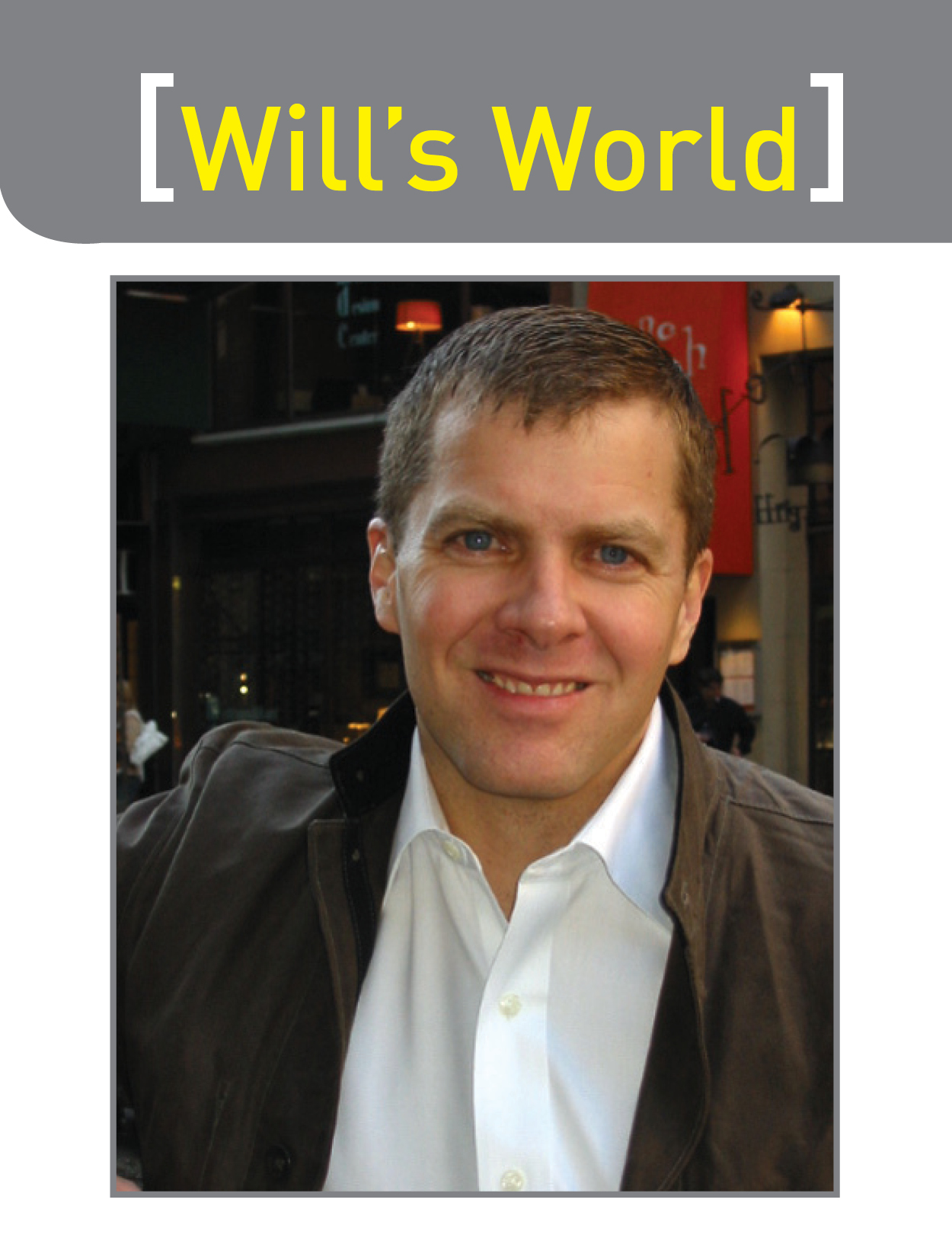In 1972, a number of Yale University students replied to a help wanted ad seeking proofreaders for pay. When these students arrived for their appointments, each was led by an assistant into a quiet room with the document to be proofread and some pencils to mark up the draft. Just before the assistant left, she turned to the student and apologized for the “annoying” very loud recording of a jet aircraft that occasionally would play in a neighboring room.
Unbeknownst to the students, they actually were part of a fairly seminal experimental psychology experiment performed by David Glass and Jerome Singer.
Half of the students, after the noise apology, were told further that “there is nothing we can do about it; we are very sorry.” The other half were told that if the noise really bothered them, they could control it by pressing a switch.
Not surprisingly, the group that of students who could not control the noise performed significantly more slowly and with more mistakes than the group that could. What was surprising was that this was true even though almost no one pressed the button to control the noise.
The perception of control was enough.
Interestingly, this effect is mimicked in a completely different venue: charitable donations.
On a recent Freakonomics Radio broadcast, John List, a professor of economics at the University of Chicago who focuses on the economics of charity talked about a relatively new money-raising strategy, called “once-and-done.”
“Once-and-done” is based on the theory that since charities know it’s annoying to constantly get solicitations in the mail, they give you a choice: if you send in some money today, and check a box opting out, they will never bother you again.
List has studied this and says: “People who are given the once-and-done proposition, they not only give more money in that particular fundraising drive, but they also do not check the box. And in future months they end up giving more money than people who never received the once-and-done proposition.”
This result has surprised many in the charitable world, but given the Glass and Singer experiment, perhaps it shouldn’t. Glass and Singer proposed that noise is a source of stress and that uncontrollable stress leads to a feeling of helplessness. In the charity example, getting the repeated mailings is its own sort of stress.
Thus, those who have control (or even a perceived sense of control) are able to relieve helplessness because of their belief that they could do something about it.
Squash refereeing has gone through many different systems (referee alone, marker-referee, and three-referee, etc.) in order to accomplish three very different – though related – goals: increasing refereeing accuracy, decreasing the number of replayed points and decreasing player arguments with referees.
Considering just the last of these (player arguments), it is clear from other sports that having an appeal system has dramatically changed behavior. Consider tennis. The days of John McEnroe and Jimmy Connors are long gone. Almost all of their arguments were about line calls, and now with video instant replay on line calls, players have the opportunity to do something about a perceived injustice. In other words, they have some measure of control over an external stressor.
Interestingly, the one really dramatic loss of temper by a player in recent years (Serena Williams in the 2009 US Open semifinal) happened on a foot fault call that is not able to be appealed. Already under tremendous stress, she perceived a gross injustice and with no opportunity to appeal, she completely lost it.
The Glass and Singer study, whose effects have been confirmed again and again in all sorts of venues, has a real implication”
“for squash refereeing: whatever system is used, the opportunity for a player appeal of a call would greatly alleviate arguments.
The current three-referee system, then, has a serious (though easily remedied) problem: it calls for all three officials to make a simultaneous ruling on let calls. So by the time the player hears the call, there is no opportunity to appeal. In theory, this makes the match move along more quickly, but it also accidentally increases the stress of the players (potentially lowering the quality of play, increasing the number of player requests, and increasing the potential for a big player outburst).
A three-referee system was used in hardball, and the arguments and appeals were dealt with swiftly. The referee made all initial calls, but the players had the opportunity to appeal. Upon appeal, the referee announced what was being appealed to the crowd (just as happens in tennis today), then went to the judges. Majority ruled. When performed by a top referee, the system was fast, and it definitively reduced the number of arguments.
Give squash credit, though. It is trying. Earlier this year, first at Canary Wharf and later at the World Championships in Rotterdam, video replay was used and players were allowed to appeal a limited number of calls. The technology works well, and fans seemed to like it, but the reviews from players and officials were mixed.
There is something great, exciting, and participatory about letting spectators see replays as they do in tennis, but squash’s calls are not always as definitive as tennis’s line calls, so without clarity on the exact conditions for an overrule, there still is work to do.
Glass and Singer concluded that the perception of control over environmental stressors (such as noise, solicitation requests, or referee’s calls) plays an important role in determining reactions to them. This implies that, in squash, the opportunity to appeal – even if not used – likely means a higher level of play.
That’s the best outcome of all.



